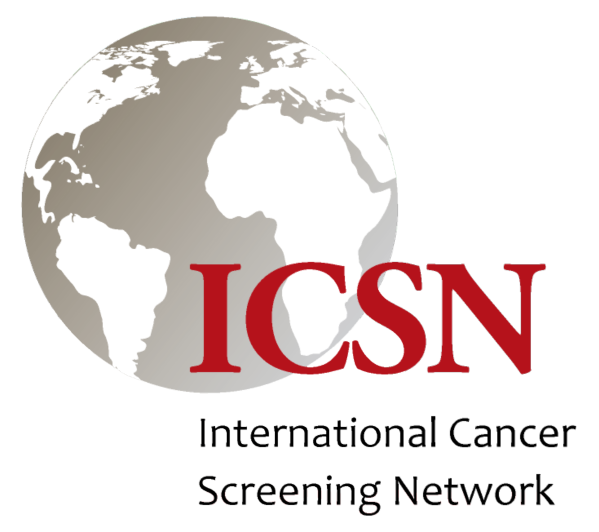ICSN Investigates the Effects of the COVID-19 Pandemic on Cancer Screening
, by Douglas Puricelli Perin, JD MPH
The International Cancer Screening Network (ICSN) is a consortium of countries, organizations, and experts working towards reducing the global cancer burden through context-specific, evidence-based cancer screening programs. The ICSN was founded in 1988 and is currently coordinated through the NCI’s Center for Global Health (CGH) in collaboration with the Division of Cancer Control and Population Sciences (DCCPS), and chaired by Prof. Mireille Broeders at Radboud University Medical Center. For over 30 years, the ICSN has gathered researchers, evaluators, and implementers working to advance cancer screening worldwide. Currently, the ICSN counts over 800 participants from 69 countries.
In March 2020, soon after the World Health Organization (WHO) declared COVID-19 a pandemic, members of the ICSN Steering Committee received reports that cancer screening programs were being suspended in several settings due to the pandemic. ICSN leadership quickly realized that understanding the impact of COVID-19 on cancer screening was an urgent priority. The ICSN began to review available evidence in the scientific literature regarding previous disasters and developed a questionnaire to capture information about what was happening around the world, focused on the themes of coordination, communication, preparedness, and follow-up.
Among the lessons learned from the interruption of cancer screening in previous disaster scenarios, four main themes emerged:
1. Adequate coordination across and beyond the health sector is needed to ensure the continuity or re-establishment of services. For example, some studies found that coordinated strategies, such as the use of mobile health systems are helpful to overcome barriers to accessing health services during and post-disaster.
2. Good communication among health providers, and between health providers, government authorities, and the general public are important to enhance the response and ensure continuity of care. This raises public awareness and offers an opportunity to provide information about how, where, and when to look for services.
3. Preparedness is an important component to respond to disruptive events. Ensuring resource availability and flexibility to optimize resources follows the principle to do what is best with what is available.
4. Patient follow-up and outreach is critical, so that the affected population comes back after the re-establishment of services, as the effects of the disruption could last long after the event and the ongoing pandemic may discourage people from seeking screening.
The subsequent ICSN survey covered 66 cancer screening settings in 35 countries, nearly all of which suspended cancer screening services in March 2020 during the first wave of the COVID-19 pandemic. This suspension was often guided by government decision and implemented at the national, regional, and organizational levels through health authorities and leadership within the programs. Communication about the decision-making process surrounding the suspension of cancer screening was good, and its need was reinforced by inquiries from the public, advocacy groups, and the media about the status of services.
Few settings made their decision about the suspension of cancer screening services based on expert opinion, and even fewer followed a preparedness plan or based their decision-making on a review of the scientific literature. Almost no settings considered previous experiences with disaster scenarios when making their decisions, which may have been a missed opportunity. Most saw cancer screening infrastructure repurposed and cancer screening professionals reassigned to the COVID-19 response leading to delays in follow-up visits after a positive cancer screening examination.
These survey findings highlight opportunities for researchers to document and analyze what can be learned from the ongoing pandemic, to allow stronger responses to future waves and disruptions. The ICSN is participating in the COVID-19 and Cancer Global Modelling Consortium, which brings together the global modeling community to support decision-making for cancer control during the pandemic and to understand the medium-to-long-term impact of COVID-19 on cancer outcomes around the world. In addition, the ICSN will continue to investigate the effects of the COVID-19 pandemic on cancer screening through its active working groups. A second ICSN survey is currently being developed to assess how cancer screening programs are adapting to the ongoing reality of COVID-19 in their settings, and how they have responded to subsequent waves of the pandemic.
